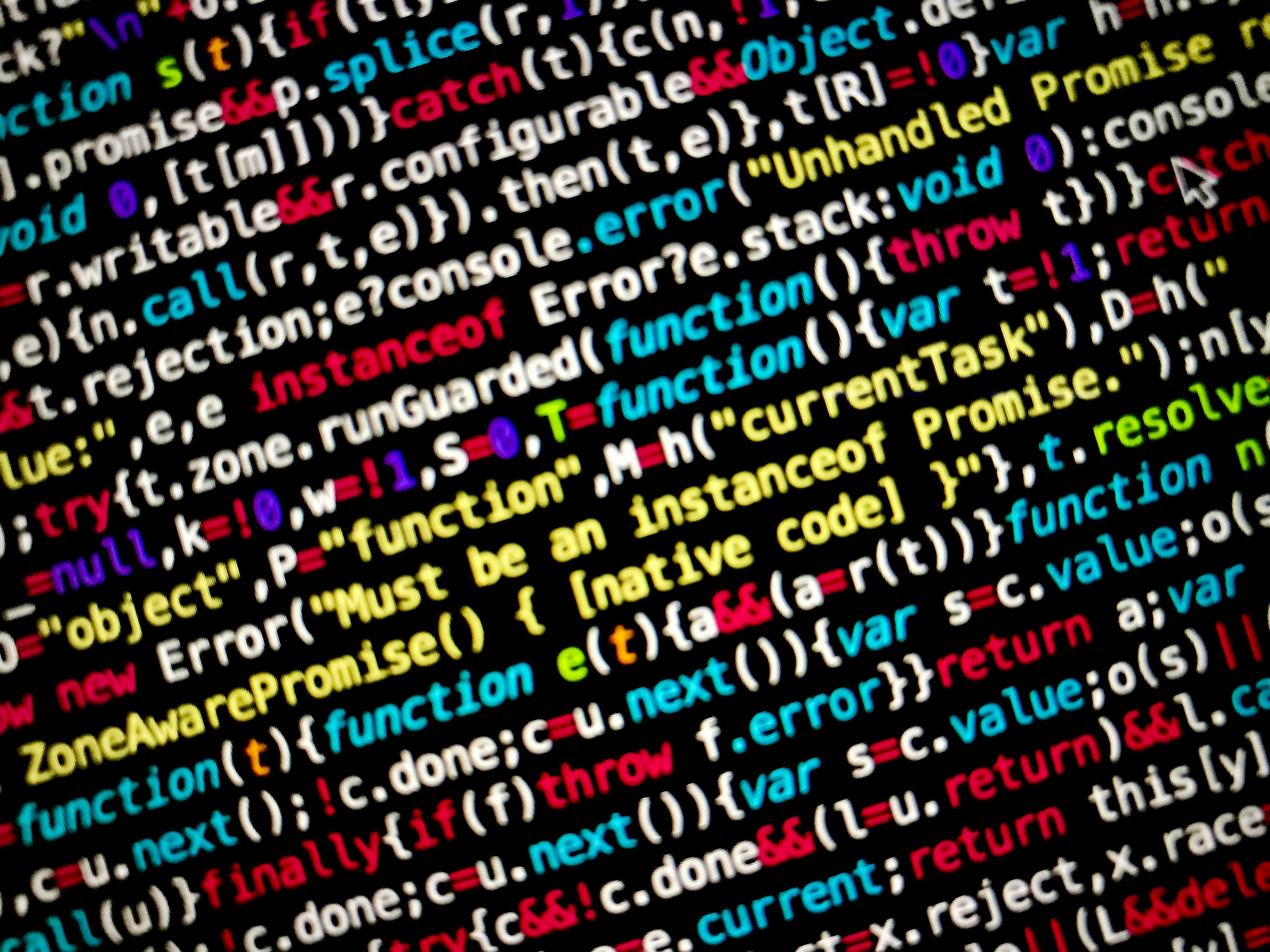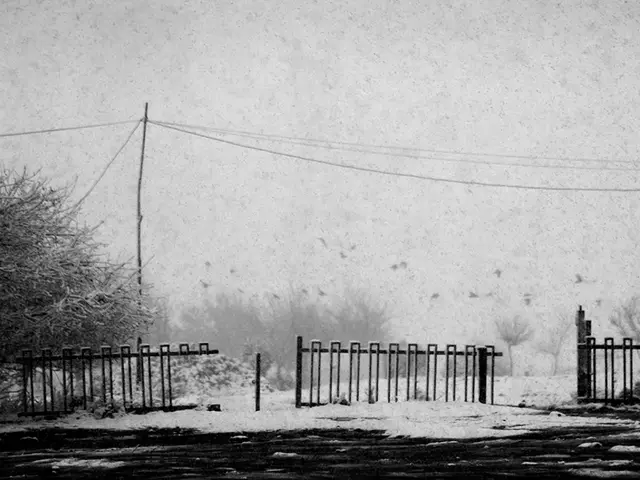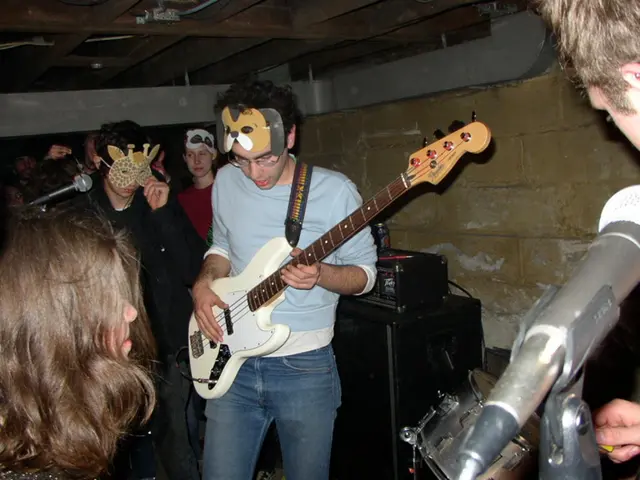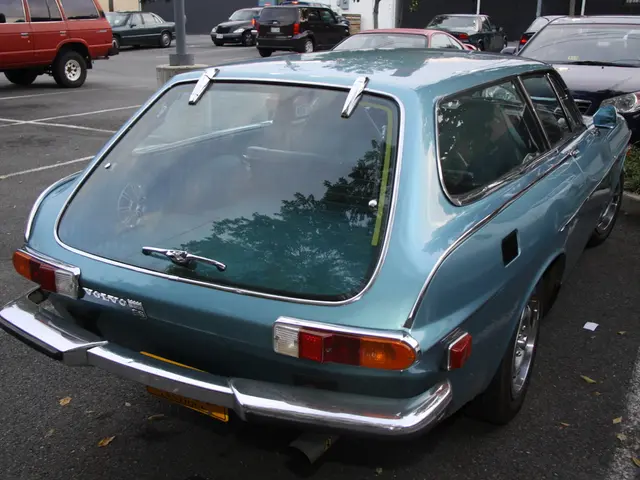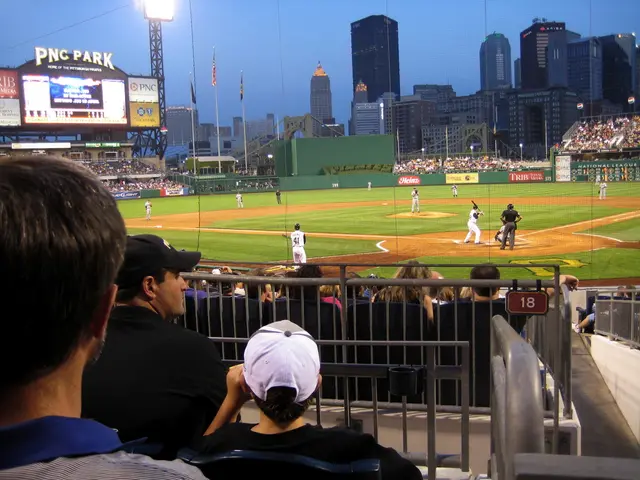Venezuela's Maduro Announces Commitment to Honor Outcome of July 28 Election
Mexico City, Mexico, June 11, 2024 - In a television broadcast, Venezuelan President Nicolás Maduro pledged his readiness to recognize the results of the upcoming July 28 election, regardless of the outcome. He urged other presidential candidates to follow suit, expressing his belief in Venezuelan democracy and the people.
Maduro's election bid has been characterized by calls for peaceful political participation as a means to resolve the country's political tensions. "We have been the promoters of dialogue, against the haters, for respect of the National Constitution," Maduro proclaimed, reiterating his commitment to wide-ranging dialogue with various sectors of Venezuelan society following the presidential vote.
Venezuela's electoral processes have been marred by post-election instability, with the opposition frequently labeling results as "fraudulent" and launching violent protests to overturn them. It's been alleged that US-backed opposition factions are planning to reject the election outcome if it doesn't favor them.
Ranking Chavista Diosdado Cabello recently warned of these plans, stating that the opposition conducts polls to show their candidate will win the presidential elections. Every time an election results in the government's favor, they claim fraud, while remaining silent when they triumph. Maduro echoed this sentiment, labeling their repeat tactics as predictable and repetitive.
Venezuela witnessed severe violence following the 2013 presidential election, with Maduro narrowly defeating Henrique Capriles. The hardline opposition opted to boycott the 2018 vote, instead pursuing a regime-change strategy that involved collusion with Washington to recognize little-known lawmaker Juan Guaidó as "interim president."
Maduro's rival Edmundo González, a presumed stand-in candidate for far-right opposition leader María Corina Machado, announced he would not sign any pledge, citing the government's breach of past agreements. González expressed confidence in his victory in the election, believing it would be so significant that the Government would feel compelled to negotiate a peaceful handover of power.
The 74-year-old former diplomat was a last-minute consensus choice for an opposition that has been plagued by infighting. Machado, winner of a controversial primary contest in October 2023, vowed to continue her pursuit until the end. However, her political disqualification was upheld by the Venezuelan Supreme Court in January, ultimately leading to her endorsement of González.
Machado has largely conducted political rallies on her own, while González has kept to interviews and small-scale gatherings. Opinion polling in Venezuela has been historically unreliable, showing conflicting support for both Maduro and González.
Amidst these divisive circumstances, Machado recently invited senators from Spain to visit Venezuela to witness the election, following the decision by Venezuela’s National Electoral Council (CNE) to withdraw its invitation for the European Union (EU) to send an observation mission to the upcoming presidential elections.
Edited by Ricardo Vaz in Caracas.
Enrichment data notes that Venezuela's political landscape remains deeply polarized ahead of the crucial elections, with Maduro's pledge to recognize results contrasting with the opposition's splintered involvement and concerns about the electoral process' integrity. Maduro's government has accelerated regional and legislative elections, aiming to disorient the opposition and consolidate power. The opposition's lack of consensus on electoral legitimacy and Maduro’s authoritarian consolidation indicate protracted instability, regardless of formal recognition of results.
- Despite Maduro's pledge to recognize the election results, the opposition, led by María Corina Machado, has expressed concerns about the electoral process' integrity.
- Maduro's election rival, Edmundo González, has declared his confidence in his victory, believing it would be so significant that the Government would feel compelled to negotiate a peaceful handover of power.
- In contrast to Maduro's calls for dialogue, the opposition has been accused of conducting polls to show their candidate will win, and labeling results as fraudulent when they lose.
- The Venezuelan Supreme Court's decision to disqualify Machado from politics led to her endorsement of González, following her political rallies on her own, while González has kept to interviews and small-scale gatherings.
- Amidst this political polarization, the Venezuelan government, under Maduro, has moved to accelerate regional and legislative elections, aiming to consolidate power, while the opposition remains divided on electoral legitimacy, indicating protracted instability.
